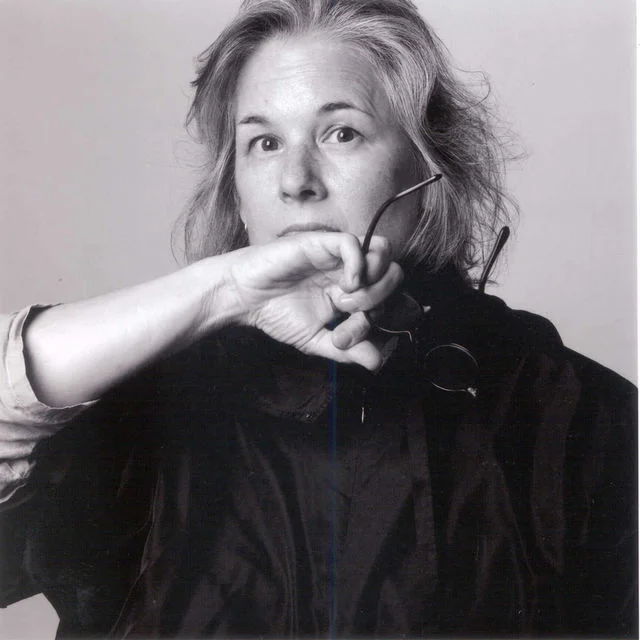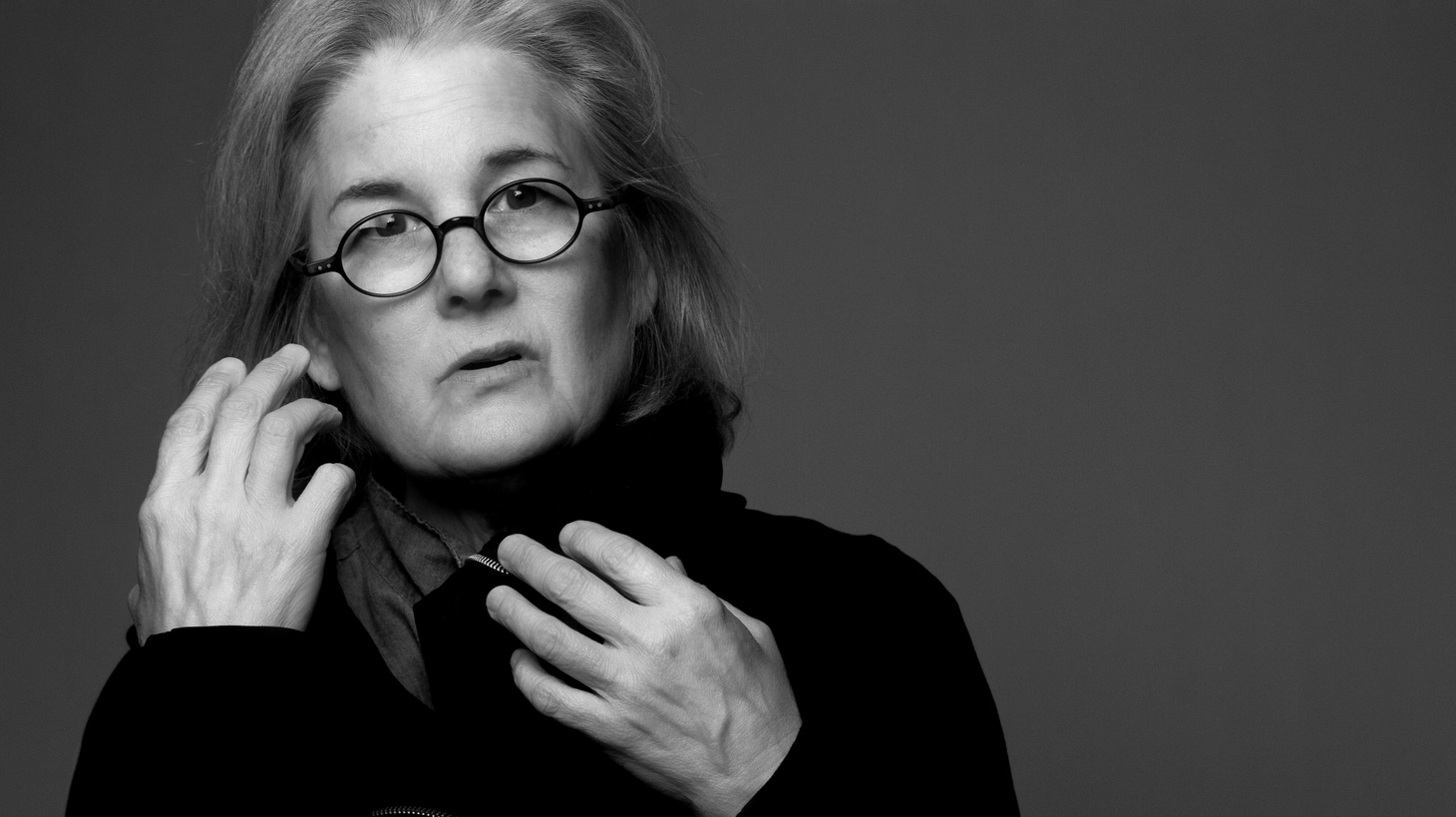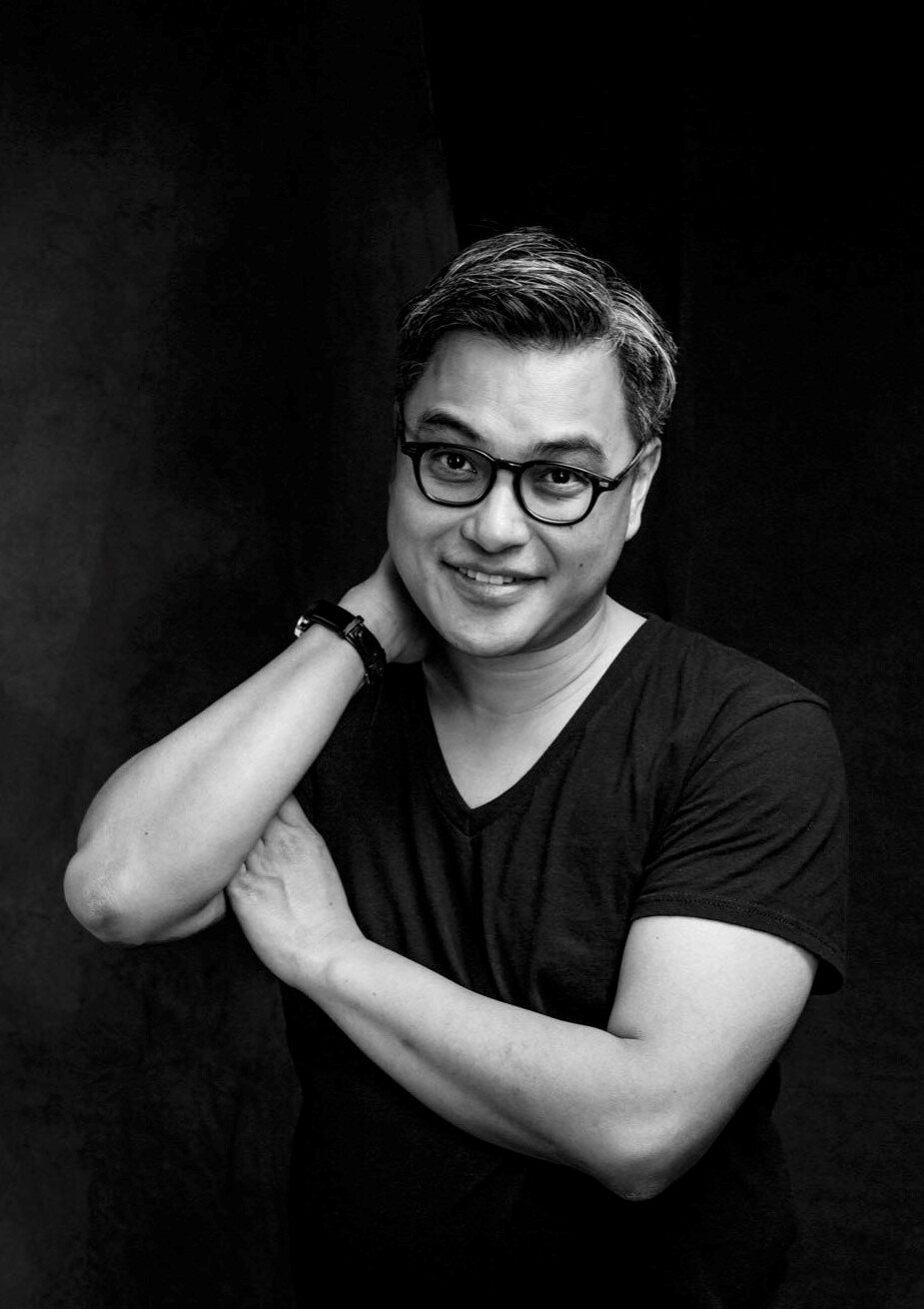DIANE WILLIAMS
Author photographs by Bill Hayward
Diane Williams is the author of nine books of fiction. Her works have recently been collected into one comprehensive volume, The Collected Stories of Diane Williams (Soho Press). In this interview, she reveals her thoughts on some of her favorite fiction writers, the challenges of teaching writing, and the creative aims of her literary journal NOON.
Interview by Liam Kelsey
In an interview last year, you said that you wished you could write like John Cheever or Joy Williams. In what way is that actually true? Do you somehow prefer their style to your own? Or do you simply admire their writing?
Ah, might you be referring Rumaan Alam’s feature in The New York Times? — where I referred to John Cheever, Anita Brookner, and Iris Murdoch — all favorites of mine. In one interview or another with these writers I’ve learned that their sentences poured forth fluently and whole and that they rarely revised. Of course, I am envious if this is true. And, their works are so pleasurable to read. These are long, dramatic and richly elaborated narratives.
In the Introduction to The Collected Stories, Ben Marcus writes: “I used to think she was making prepared texts from unexpected source material: turn of the century gardening books or etiquette manuals, that sort of thing. Found texts.” Is this something you’ve ever done, or considered doing? What do you make of the speculation?
Ben is a brilliant reader as well as writer. He might be on to something.
Soho Press, 2018
Critics are quick to throw blanket terms like “avant-garde” or “experimental” over your writing, though these are labels you seem not to like, at least when they’re applied to your work. Do you consider yourself to be a part of a particular literary movement?
I hate it when blanket terms are thrown over anyone’s fiction. I never wonder if I am part of a movement. I have certainly always felt very lonely at my job.
You’ve taught writing at universities in the past, and that’s interesting because your writing is so different from the sort of writing that seems to come out university writing programs, which in general is distinctly more Cheever-esque. What do you make of the growth of these programs? How would you describe their effect on our literary culture?
Surely writing can be taught to great learners by great teachers, but it’s a challenging business all round. The strenuousness and complexity of the project, I think, comes as a shock to many students.
To what extent is your work informed by any specific works of literary theory or philosophy?
I am unable to answer this question.
Writers who’ve appeared in NOON (the esteemed annual journal of which you are founder and editor) sometimes speak of your rigorous standards as an editor, which is evident in the refined quality of the prose that appears in the journal itself. Is it ever difficult to apply a similar level of scrutiny to your own work?
It’s much more difficult, so sad, so sad, to police my fiction. So sad.
What would you say NOON is trying to achieve that’s different or distinct from what other journals are trying to accomplish? Are you trying to cultivate a particular, distinct style or sensibility? If yes, how would you describe that style?
I don’t spend time comparing and contrasting NOON to other journals, but I can say that we are not interested in any particular style or sensibility. We are dedicated to discovering literary art — fiction by authors whose engagement with the English language is serious and deep.
You’re in a sort of unusual position at the moment, having just published this very large omnibus collection. What comes next? What does one do after a thing like this?
I am working very hard. I am two-thirds of the way through my next book of stories! — and delighted to say that I have recently completed fifteen stories. Two are currently appearing in BOMB, and the rest are forthcoming in Harper’s, The Paris Review, Granta, The London Review of Books, Image, and Lake Effect.
You may also like our interviews with these writers:
Liam Kelsey is a writer from Minneapolis, MN. His fiction, science fiction, and criticism have appeared or are forthcoming in Silver Needle Press and other independent publications. He would like you to read Break it Down by Lydia Davis and The Weird and the Erie by Mark Fisher. He would like you to listen to the band Pile.







